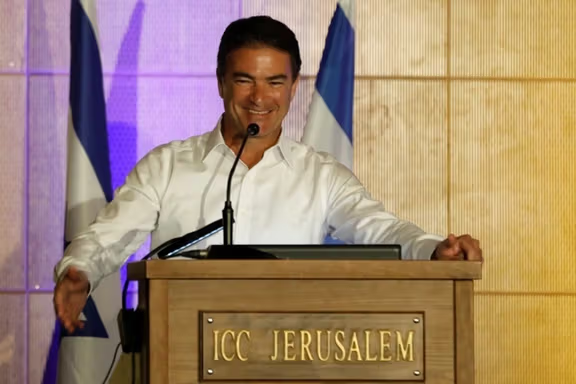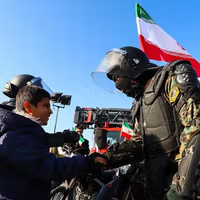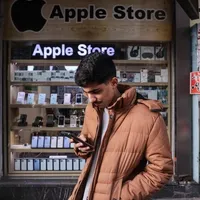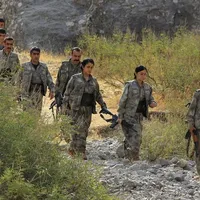"The enemy wants to impose a 'no war, no peace' situation on Iran," Ali Khamenei said in a meeting with President Masoud Pezeshkian and his cabinet members in Tehran.
"One of the harms and dangers facing the country is precisely this state of 'no war, no peace,' which is not good."
Iran's foreign policy was defined for years by Khamenei’s famous line — “neither war nor negotiations”. Yet this year Iran both entered talks with the United States and endured a 12-day war with Israel that killed most of its top military commanders.
Israel launched a surprise military campaign on June 13 targeting Iran's military and nuclear sites, killing 1,062 people including 276 civilians. Iran responded with missile strikes that killed 31 civilians and one off-duty soldier.
While a US-brokered ceasefire paused hostilities on June 24, neither officials of the two countries nor the Iranian public consider the war to be over.
Last month, Iran's top security official and Khamenei's representative Ali Larijani said Tehran must remain prepared for a fresh round of conflict as the war with Israel is not over.
'Muslims must further isolate Israel'
In his Sunday remarks, Khamenei called Israel "the most isolated government in the world." At the same time, he called on Islamic countries to sever all their business and even political ties with Israel.
"Countries that are protesting (against Israel) today, whether Islamic or non-Islamic, especially Islamic countries, must completely cut their commercial relations with the Zionist regime and even sever political relations, isolating it more than it already is," he said.
"Today, of course, the vile Zionist regime is the most isolated government in the world. There is no doubt about this. It is the most hated government in the world. However, it can be isolated even more."
He then ordered the Pezeshkian administration's foreign ministry to advise other governments to sever their relations with Israel.
Khamenei has in recent years, especially following the Trump-brokered Abraham Accords, advised Islamic countries against normalizing their relations with the Jewish State.
In May, he warned Riyadh against rapprochement with Israel, saying that cooperation with Washington and Tel Aviv amounted to “oppression.”
'Iran lagging behind in oil production'
Khamenei on Sunday also complained about what he called low oil production and sales, without acknowledging the impact of international isolation and sanctions on its energy sector.
"Oil production in Iran, despite its importance to the national economy, is at a low level. Our production methods are outdated. The tools and techniques are old," he said.
"We are lagging behind many other oil-rich countries of the world."
"In oil exports too, we need greater dynamism. The issue of having a wider range and diversity of oil customers is an important matter that must be pursued," Khamenei added.
US sanctions have isolated Iran in the global energy market, forcing the country to sell almost all of its crude oil to China at heavily discounted prices. A small portion of the remaining oil is also sold to Iran's allies like Venezuela, often in exchange for economic assistance or other goods.
Ranked as the 11th largest consumer of petroleum products globally, Iran also grapples with an increasingly unprofitable and outdated crude oil refining sector.
The majority of its petroleum products, approximately 85 percent, are sourced from refineries established before the Islamic Revolution in 1979.
According to an official document, prepared by Iran’s oil ministry and seen by Iran International, only three of its nine crude oil refineries have been operationalized after 1979, with combined capacity of less than 265,000 barrels per day.
Originally constructed based on Western licenses, these refineries now rely on domestic or Chinese technologies for upgrades.
















